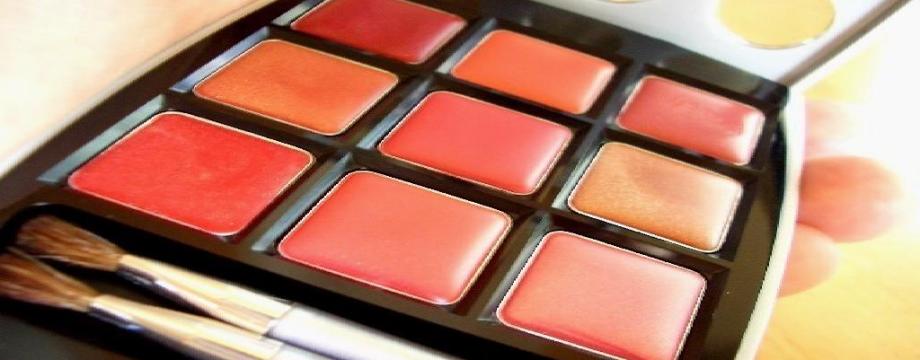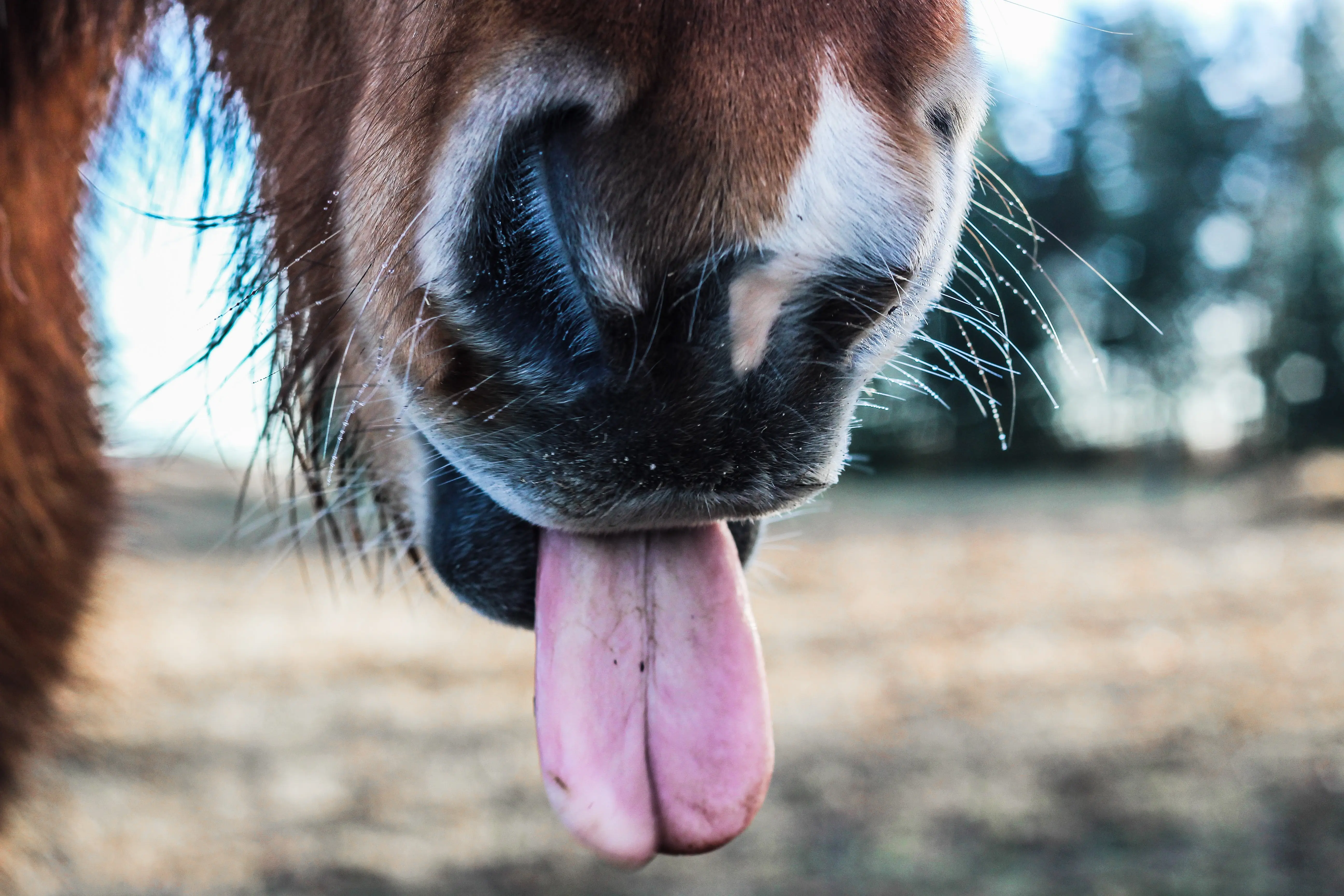This is the first in a series of articles that attempt to put the record straight about mistakes we often see online. In this first article I look at a mistake that always makes me mentally twitch every time I read it – rouge instead of rogue.
What you want: Rogue
Rogue, pronounced rōɡ, is a dishonest or unprincipled man. It can refer to thieves, ruffians, rapscallions or anyone of an untrusting or criminal sort. A rogue is the opposite of law-abiding, someone who cares only for himself.
In many RPG games, the rogue is usually the thief, acrobat, trap master and backstabber. They are often a part of an adventuring party. These kind of skills are useful when exploring dungeons full of monsters, traps and treasure.

In the same vein, a roguelike is a type of game in which you play a solitary adventurer. The adventurer explores a dungeon, fighting monsters along the way. The aim is to find ever more valuable magical items, spells and treasure. They have a particular style that usually involves ASCII graphics and turn-based gameplay. They are almost always single player games.
What you used: Rouge
“Ladies pinch, whores use rouge.” – Jacqueline Bouvier
Rouge, pronounced ro͞oZH, is the French word for red. In English it is a kind of make-up used to brighten the cheeks. It is usually a red powder which people apply using a brush.

An alternative to using rouge is to pinch the cheeks to brighten them. I believe you have to pinch them quite hard for this to work, which can be painful.
Rougelikes do not exist; although according to Urban Dictionary they are:
“A postmodern fantasy where a modern feminist can face off against the suffocatingly chauvinist entities of make-up.”
I’m still pretty sure they don’t exist though.
Why It Happens
This is common spelling mistake. I’m almost convinced that more people spell it the wrong way (this means it could become the right way).
There are only three words in English that end with -ouge: rouge, gouge, and the more obscure scrouge. So it seems strange that people always get it wrong. I think it’s because there are a lot of words that have ‘ou’ in the middle so people assume that rogue must be spelt the same way.
I also think it’s got something to do with having a single ‘e’ after a single consonant changes the sound to a long vowel (e.g. rob vs. robe). In this line of thinking, it would make sense that rogue should end in -ge, as that would make the ‘o’ sound a long ‘o’.
A Solution…?
So what about spelling it ‘roge’? Dropping the U would certainly stop any confusion. Then again there have been many attempts to standardise spelling in the English language (or should that be standardize?). These have never worked out, so I guess people will always just spell things however they like.



